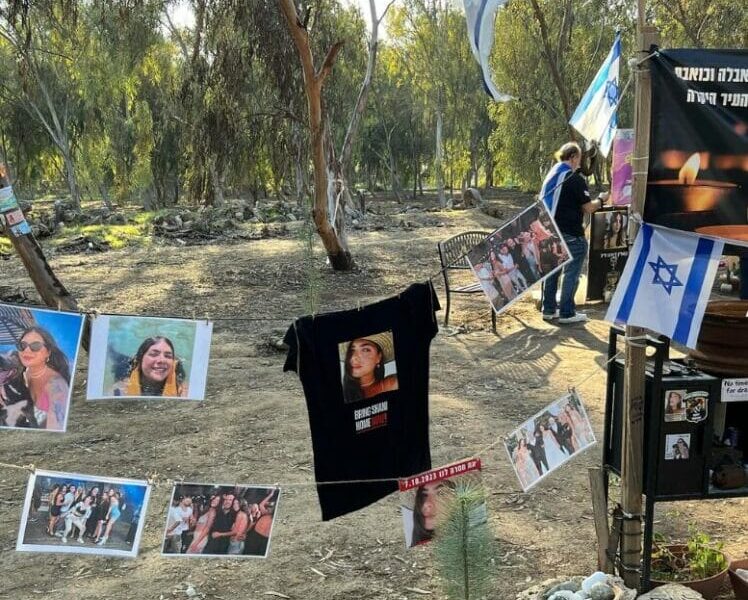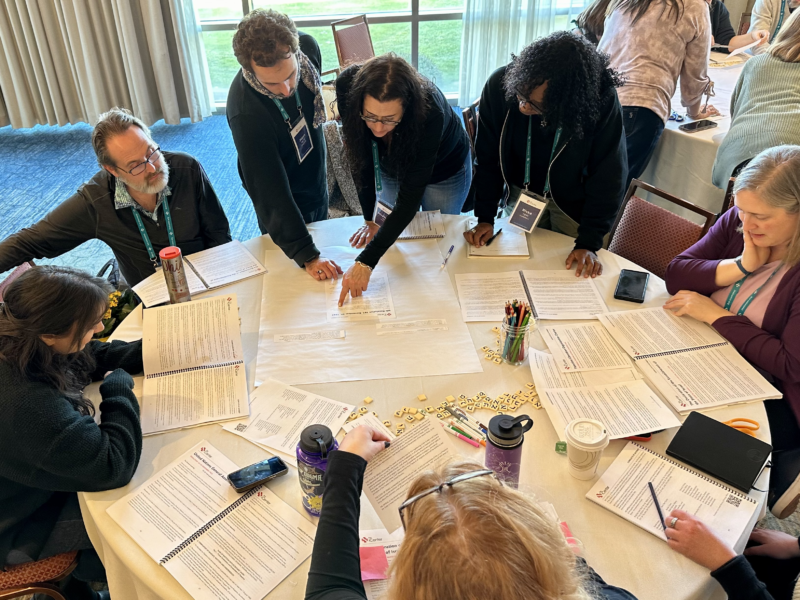Toward the end of her law studies at the Hebrew University of Jerusalem, my younger daughter, Ruthie, 27, worked on legal matters for Mavoi Satum (mavoisatum.org). This organization tries to resolve the “dead end” faced by agunot (women whose husbands cannot be located) and mesoravot get (women denied a get, the Jewish writ of divorce).
The problem is more widespread than one might imagine, and it starts with the fact that there is no civil divorce in Israel. Mavoi Satum estimates that one in five Jewish women seeking a divorce in Israel is unable to exit her marriage freely; this amounts to 3,400 women joining the ranks of agunot and mesoravot get each year. The problem extends beyond Israel because civil divorce does not end a Jewish marriage, and women in observant communities remain chained to husbands who cannot or will not grant a get.
In addition to helping thousands of mesoravot get through their own specific ordeals, Mavoi Satum has chalked up some significant systemic changes. For example, the organization has been successful in setting two legal precedents: civil courts now enable mesoravot get to sue for compensation before receiving a get from the rabbinic court, and relatives (such as the parents) of the husband can now be held responsible for damages against the woman if they have incited the husband to deny giving the get.
Here’s what Ruthie has to say about her work with Mavoi Satum:
As a third-year law student, I was looking for a legal job to get my head out of the books and get a feeling of “the real world.” So when I saw a post that Mavoi Satum was looking for a law student for its legal department, I applied immediately. A legal job with a very good cause sounded perfect.
You might be thinking at this point, as I did, is it really worth having an entire organization solely for this minor problem of mesoravot get? How hard could it be to pressure a husband to give his wife a get? I hate to say it, but in “modern” Israel the answers to these questions are worse than I could have imagined.
Walking into my first staff meeting at Mavoi Satum, things began to clear up. The meeting started with plans for Shira’s mesibat get (a party for a woman who finally receives a get). Shira’s husband had been sitting in jail for several years, standing firm on his decision not to give Shira a get, but he finally agreed. Hurray! Now that’s a reason to celebrate, I thought.
The staff meeting proceeded to another woman who had been accused of rejecting her get agreement, because she would not consent to the astronomical amount of money that was demanded by her husband (with the rabbinical court’s approval). Hearing the details of this “agreement,” we couldn’t help but laugh.
Next at the meeting, they talked about a mesoravet get who was, unfortunately, also brutally and violently abused. The most fascinating thing to me at the meeting was just to be in the presence of the three women around the table. Three passionate, powerful, determined women.
Mavoi Satum is about more than just representing women against their husbands; it is trying to change an unequal, depressing system. I feel lucky and eager to be a part of this important cause.
To try to effect change in Israeli marriage and divorce, Mavoi Satum writes law proposals to the Knesset. That was my job. I wrote several law proposals and with every one that I wrote I was struck with surprise: No one had ever thought of such an obvious law until this day? How could a whole country, with high divorce rates, allow women who file for divorce to be manipulated by their husbands in such an easy and exploitative way?
The answer is that most of the laws I wrote had been proposed in the past, but they were opposed by the ultra-orthodox parties or were pushed aside by more pressing issues – of those our country has many. So I rewrote the proposals for resubmission to the Knesset. I admit it was a little discouraging. But change takes time and determination. If those women from Mavoi Satum are willing to devote most of their lives to it, I’m willing to do my fair share, too.






